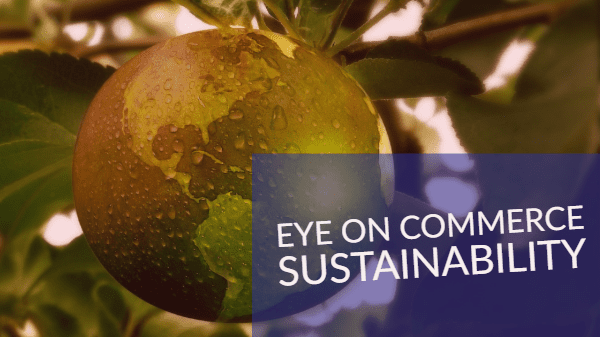In previous stories, you’ve read about the rise of triple bottom line (TBL) sustainability and the Spillover Effect Studies, which explored how significant its effect was across economic, environmental, and social news.
Here’s a look at the third study by the researchers on the impact of recovery efforts in news.
Given the increased transparency of firms, negative news is likely to surface at some point in time. Therefore, it is important for companies to have a strategy to recover when consumers become aware of negative situations that may arise within the supply chain.
For instance, consumers boycotted Trader Joe’s for not disclosing genetically engineered ingredients in their food products. Trader Joe’s, however, was able to work with consumer groups and managed to turn a crisis into an opportunity for greater consumer involvement, which won the retailer more dedicated customers.
When the Spillover Effect Studies tested the impact of recovery news on consumer perceptions and willingness to buy, it found all recovery actions of a company, whether small or great, increased both the perception of quality and the willingness of consumers to buy the company’s product in the future.
Social and environmental recovery efforts had a more dramatic effect than economic initiatives, but all three can drastically reduce the negative spillover effects of bad news and improve consumer perceptions.
This is an excerpt from the most recent Produce Blueprints quarterly journal. Click here to read the full version.



